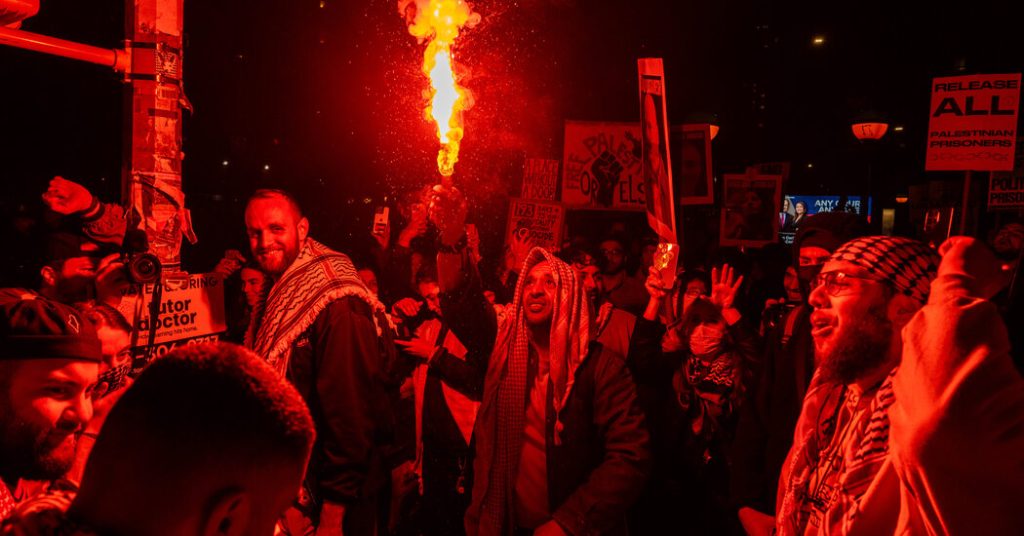Representative Elise Stefanik led a congressional hearing examining antisemitism at Columbia University, asking tough questions about a professor who praised a Hamas attack. While campus leaders pledged to do more to fight antisemitism, pro-Palestinian students erected tents to protest Columbia’s ties to Israel and rejected claims that their activism was antisemitic. Dr. Nemat Shafik, Columbia’s president, faces a challenging landscape as she navigates tensions between different student groups and faculty members.
Dr. Shafik’s appearance at the hearing, alongside the chairs of the board of trustees and a senior law professor, highlighted the delicate balance that university leaders must strike in addressing antisemitism while upholding academic freedom. While some Jewish students were pleased with the initial response from Columbia’s leaders, others felt that more needed to be done to address antisemitism on campus. There were calls for the removal of faculty who made antisemitic statements, but opinions were divided on how to handle the situation.
Despite the positive start to the hearing, tensions escalated both on and off campus. Some students and faculty members felt that Columbia’s leadership had given in to pressure from Congress by conceding to certain demands. Others saw Columbia’s responses as a step in the right direction, acknowledging the seriousness of antisemitism and committing to taking action. The hearing highlighted the challenges faced by universities in addressing complex issues like antisemitism while maintaining a supportive environment for all students.
The split-screen moment at Columbia University showcased the deep-rooted tensions between pro-Palestinian activists and those advocating against antisemitism. While some students supported the encampment and protest, others felt that the university was being unfairly targeted and criticized. Calls for divestment from Israel and greater support for Palestine underscored the polarizing nature of the debate on campus, with students and faculty members holding strong and differing opinions on the issue.
The hearing brought to light the difficult decisions that university leaders like Dr. Shafik must make in balancing speech rights, academic freedom, and student safety. The opposing viewpoints expressed by various stakeholders at Columbia underscore the complex nature of addressing antisemitism and pro-Palestinian advocacy on college campuses. Moving forward, Dr. Shafik’s leadership and decision-making will play a crucial role in shaping the university’s response to these challenging and contentious issues.
As the hearing concluded and more protests erupted outside Columbia’s campus gates, the ongoing debate over antisemitism, pro-Palestinian activism, and Israel-Palestine relations continued to unfold. The differing perspectives and experiences of students, faculty, and community members underscored the deep divisions and tensions that exist on campus. The aftermath of the hearing and the responses from various stakeholders highlighted the ongoing struggle to find common ground and address complex issues in a university setting.


